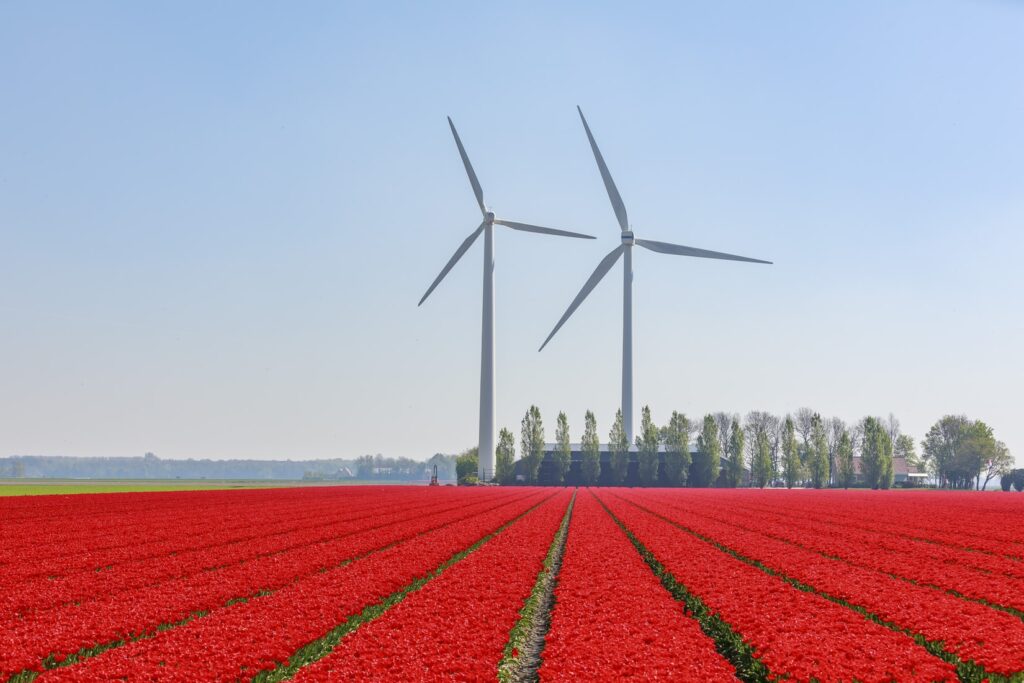Regions
The headquarters of the NPCC are located in Warsaw and we also have 7 other branches located in Poland and the Netherlands. With such an extensive network, we are very well connected in Poland and have a strong foothold in the Netherlands as well. This makes us an eminent partner for doing business in these countries.
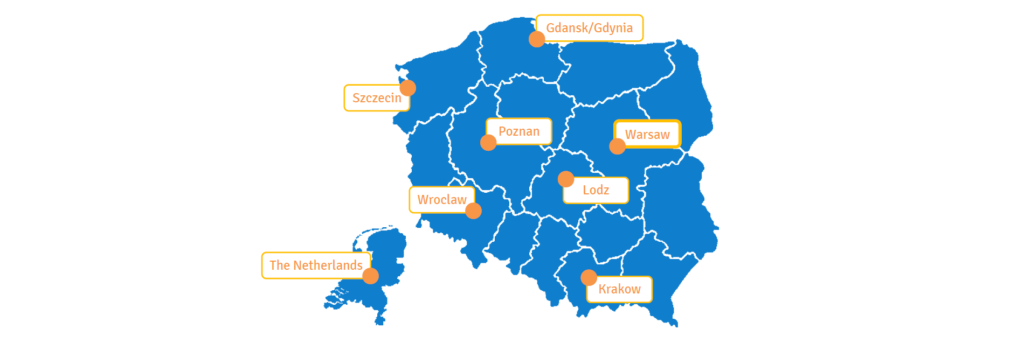
Warsaw
Mazovia Region, where the Polish capital city of Warsaw is located, is the leader in change and the fastest-developing region in Poland. Its young, well-qualified workforce, low unemployment and highest rate of employment all testify to the high economic development of the region. Mazovia boasts high internal diversification with nationwide potential in nearly every field: science, research, education, industry and infrastructure.
Warsaw is also Poland’s top academic centre (2 universities, Technical University, Agricultural University, Medical University, Warsaw School of Economics, National Defence Academy, and many others) and the most important destination for R&D in the country. Its young, motivated and highly skilled labour force has international experience and excellent foreign language skills. Other key industries include insurance, telecommunications, pharmaceuticals, construction and food processing.
The city witnessed a major acceleration in infrastructure investments ahead of the Euro 2012 football championships. It also has two international airports – Chopin and Modlin – that connect the city to the rest of Europe and the world.
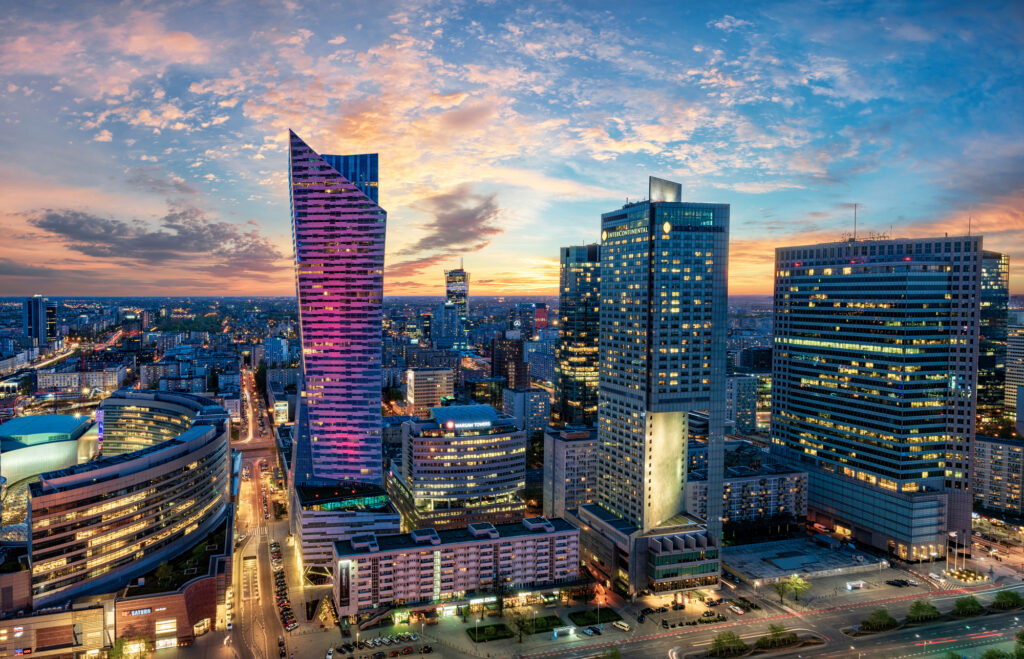
Gdańsk
Gdańsk is the capital city of the Pomeranian province, with a population nearing half a million. It is a large centre of economic life, science and culture, and a popular tourist destination. Lying on Gdańsk Bay and the southern coast of the Baltic Sea, the city has played a major role for centuries in the economic relationship between Northern and Western Europe on the one hand, and the countries of Central and Eastern Europe on the other.
The city cultivates and develops its traditional economic branches, such as the marine, shipping, petrochemical, chemical and food industries. However, it’s now also becoming an increasingly important partner for companies involved in new technologies, electronics, telecommunications, IT technology and even cosmetics and pharmaceuticals.
And, of course, Gdańsk is well known for the trade in, and processing of, one of the greatest treasures of the Pomeranian province – amber.
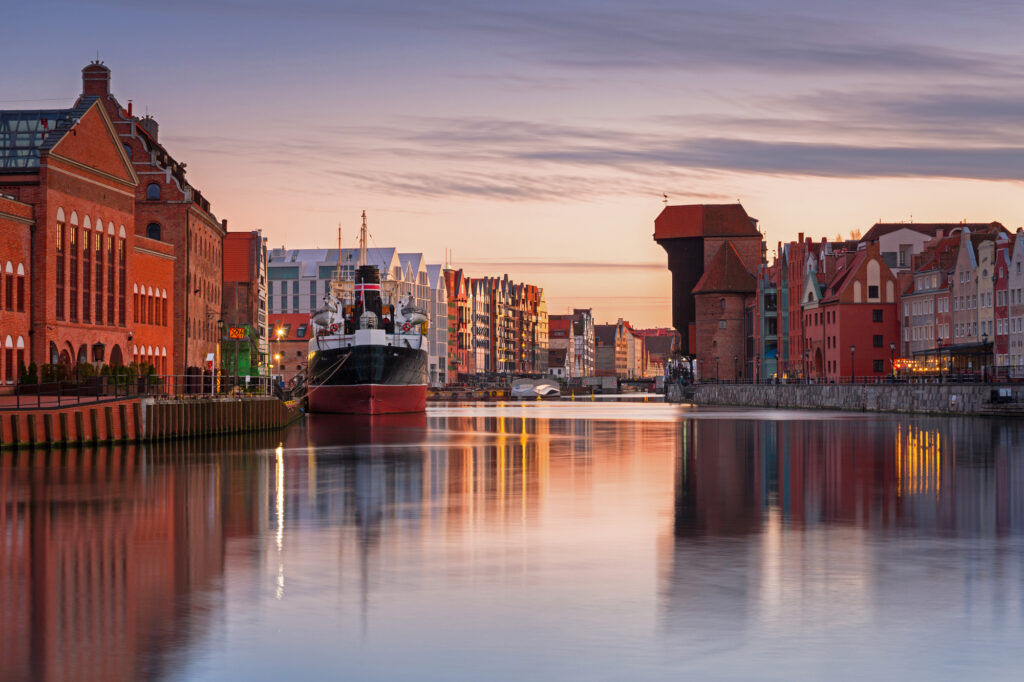
Kraków
Kraków is the second largest city in Poland, and one of the oldest in the country. Situated on the Vistula River in Lesser Poland Province, the city dates back to the 7th century. Kraków was the official capital of Poland until 1596 and has traditionally been one of the leading centres of Polish academic, economic, cultural and artistic life. Listed as one of the most beautiful cities in Europe, its Old Town was declared the first UNESCO World Heritage Site in the world.
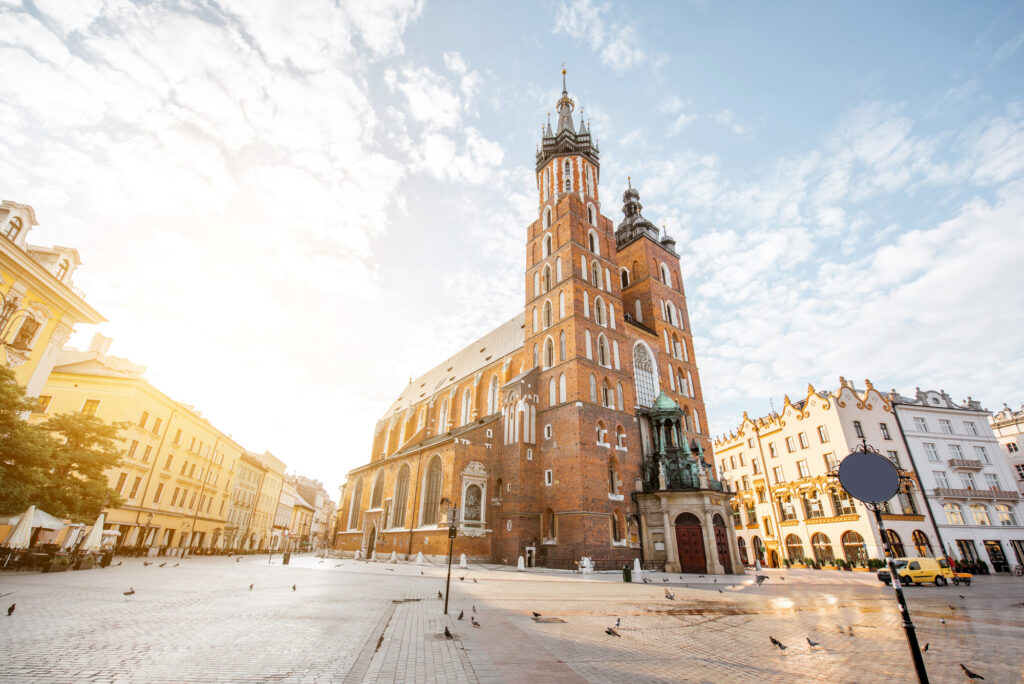
Łódź
Located in the centre of Poland, the Łódzkie region boasts a long tradition of clothing and textile production. Nowadays, the most important industries in the region are energy, food processing and beverages, household appliances and construction materials, as well as the production of medical equipment and pharmaceuticals.
The region’s location is convenient for transport: it’s placed right at the junction of two motorways (the A1 & A2 corridors running North-South and East-West) which facilitates access to both EU markets and those of Russia, Belarus and Ukraine owing to the new railway connection between Łódź and Chengdu in China. There are already logistics centres operating around Łódź, Tomaszów Mazowiecki, Piotrków Trybunalski, Kutno, Strykow and Zgierz.
There are lucrative investment offers for investors in 45 subzones of the Łódź Special Economic Zone, which has already attracted more than 230 companies, including Dell, Procter & Gamble, Fujitsu Services, Gillette, Bosch–Siemens and Indesit.

Poznań
Wielkopolska Region, situated in the western-central part of Poland, is one of the three regions that are extremely attractive for investors in Poland due to the excellent transport accessibility, access to highly skilled human resources, well-developed business environment, and high-level scientific and research institutions. Approximately 50 of the largest companies in Poland are based in Wielkopolska.
Wielkopolska hosts five Special Economic Zones that offer advantageous conditions to investors and have created approximately 17,000 new jobs. The region is known for its automotive, BPA and logistics sectors.
The region has an international airport – Poznań-Ławica – with a modern passenger-cargo terminal providing connections with 24 airports, such as Rome, Frankfurt, Paris, Copenhagen, Dublin, Liverpool, London, Munich and Warsaw.
Poznań is also known for its international trade fairs, and is a popular venue for large-scale international events (congresses, conferences, sporting and cultural events).

Szczecin
Szczecin is the capital city of the West Pomeranian Voivodeship in northwestern Poland. Located near the Baltic Sea and the German border, it is a major seaport and Poland’s seventh-largest city. The recorded history of Szczecin began in the eighth century, when the Vikings and West Slavs settled in Pomerania. The Slavs erected a new stronghold on the site of the modern castle. From the 9th century, the stronghold was fortified and expanded towards the bank of the Oder river. Mieszko I of Poland took control of Pomerania during the Early Middle Ages and the region became part of Poland in the 10th century.
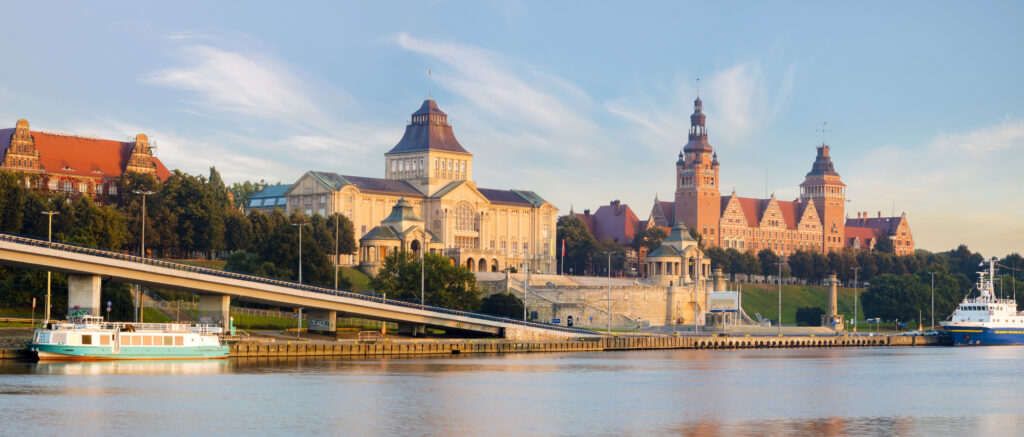
Wrocław
Wrocław is the capital of the Lower Silesia province and has a history dating back over a thousand years. Its extensive heritage combines a wide range of religions and cultures. Over the years, it has been part of the Kingdom of Poland, the Kingdom of Bohemia, the Kingdom of Hungary and the Habsburg Monarchy, as well as Prussia and Germany. Wrocław became part of Poland in 1945, after World War II.
Well-located near the borders of Germany and Czech Republic, the city lies on the 3rd Pan-European Transport Corridor (a road linking Brussels with Kiev) and is linked to the Baltic Sea by the Oder river.
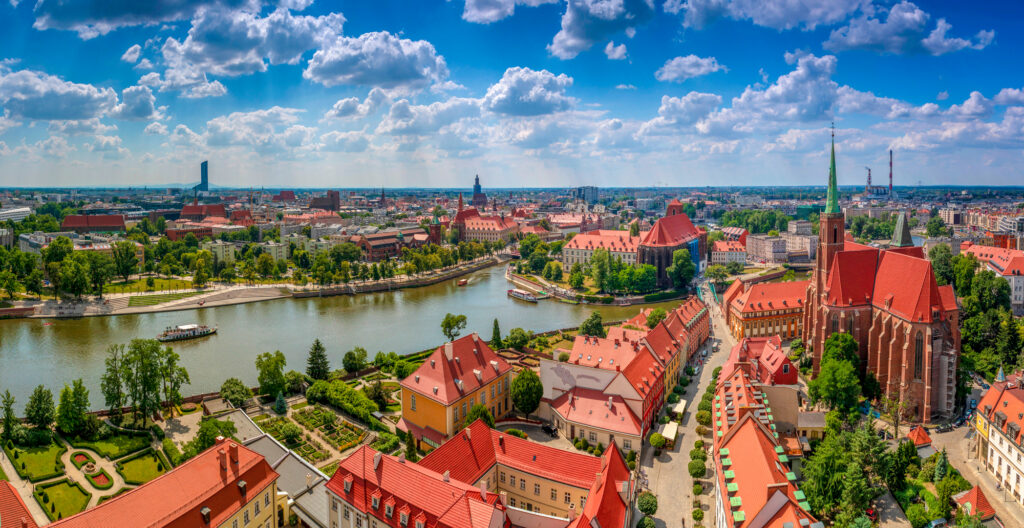
The Netherlands
After many years of partnering to support Dutch companies doing business in Poland, the Netherlands Polish Council for Trade Promotion (NPCH) and the Netherlands-Polish Chamber of Commerce (NPCC) have now merged their activities into one single organisation. As a result, a new Chapter of the NPCC has been established in the Netherlands.
Also, in 2019, as one of the first international chambers from the Netherlands, the NPCC became an official accredited hub on the platform of NLinBusiness. This hub network –initiated by the Confederation of Dutch Business, VNO-NCW and MKB-Nederland – supports Dutch companies in their international expansion. NLinBusiness is currently building a strong global network of NL Business Hubs in 40 specifically selected Cities of Opportunity to support Dutch companies in their growth strategies. Being part of this network of NLinBusiness helps us staying in contact with the stakeholders that represent the business community in the Netherlands. We also receive many more requests for support from Dutch companies that want to establish themselves in Poland.
